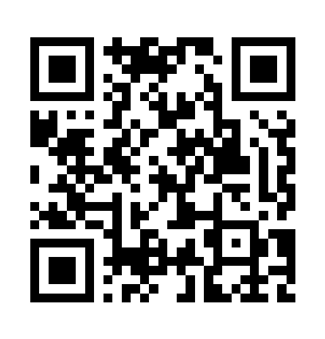Navigating the Course of Homoeopathic Pharmaceutical Regulation: A Call for Authenticity and Ethics
Explore the compelling journey of Homoeopathy in India, where the pharmaceutical industry grapples with a deviation from its core principles. This article sheds light on the urgent need for Homoeopathic pharmaceutical regulation, emphasizing authenticity and ethics. Delve into the challenges posed by patent drugs, the role of unemployment, and the imperative for ethical frameworks in a rapidly evolving healthcare landscape. Join us in this call to preserve the essence of Homoeopathy while embracing the advances of modern science.
ALTERNATIVE MEDICINE
10/2/20232 min read
Navigating the Course of Homoeopathic Pharmaceutical Regulation: A Call for Authenticity and Ethics
Introduction:
Homoeopathy, founded by Samuel Hahnemann, is rooted in the principles of individualization, minimal dosing, and the use of single, simple medicines. Yet, in contemporary India, the landscape of Homoeopathic pharmaceuticals presents a challenging paradox. The production and marketing of patent drugs that deviate from these foundational principles have thrived, often with the tacit involvement of institutions and authorities. This article explores the pressing need to regulate the Homoeopathic pharmaceutical industry, emphasizing authenticity, ethics, and the preservation of Hahnemann's core principles.
The Current Quandary:
In the bustling landscape of Homoeopathic pharmaceuticals in India, a troubling trend has emerged. Private companies manufacture and market patent medicines that blend various drugs with different potencies to target specific diseases. This approach not only contravenes the law of individualization and drug dynamization but also strays from Hahnemann's doctrine of minimum dose. These patent drugs often lack the rigorous human drug proving process that forms the foundation of Homoeopathic drug discovery.
The Unfortunate Role of Unemployment:
Unemployment in India has led young doctors to seek employment in private Homoeopathic institutions, where financial pressures compel them to engage in clinical trials with patent Homoeopathic drugs. These trials, conducted in contradiction to Homoeopathic principles, exploit the vulnerability of innocent patients who seek relief without realizing the deviation from authentic Homoeopathic practices.
The Imperative for Regulation:
In an era marked by data analysis, AI-based healthcare, and natural product-inspired drug discovery, the regulation of the Homoeopathic pharmaceutical industry is paramount for the betterment of humanity. Dr. J.T. Kent, a luminary in the field, emphasized that true Homoeopathic medicine should be made and applied according to Homoeopathic principles. Hahnemann himself warned against large doses, emphasizing the harm they can cause.
A Plea for Ethical Frameworks:
As the Homoeopathic pharmaceutical industry experiences exponential growth alongside other alternative medicine sectors, there is an urgent need to establish ethical frameworks and regulations for drug manufacturing and research. Such measures would help prevent the intrusion of research trials that deviate from Homoeopathic principles and safeguard the authenticity of Homoeopathic education.
Conclusion:
The call for the regulation of Homoeopathic pharmaceuticals is not an attempt to stifle innovation or progress. It is a plea for adherence to the authentic principles laid down by Hahnemann himself. Policymakers, educators, public health experts, and social scientists must engage in pluralistic dialogue to establish guidelines that preserve the essence of Homoeopathy in a rapidly evolving healthcare landscape. The creation of a database for AI drug discovery and precision medicine must be grounded in the authenticity of Homoeopathic practices, fostering a future where Homoeopathy remains true to its roots while benefiting from the advances of modern science.


My post content


